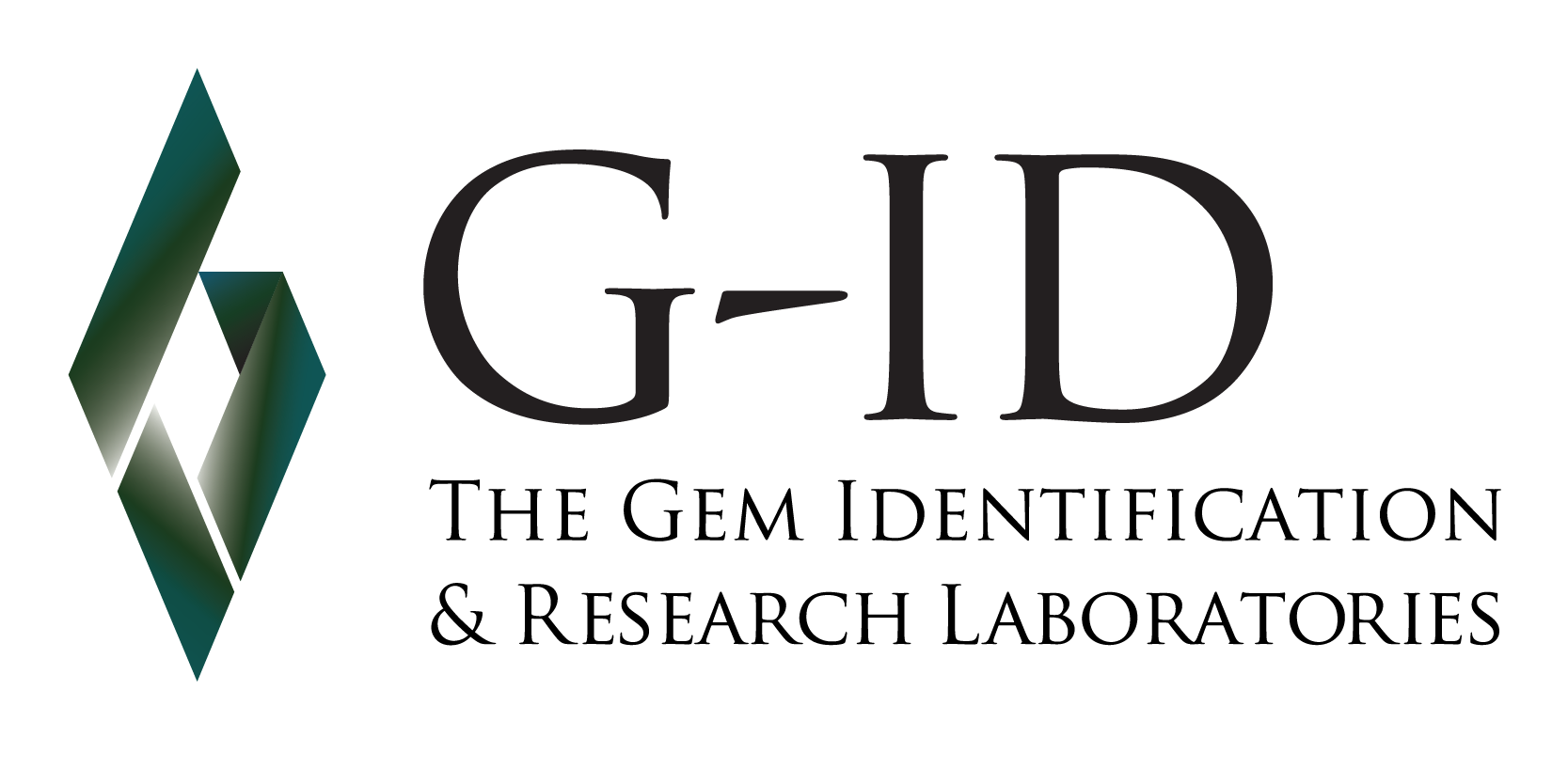Research Article
Conference Paper
The 7th International Gem and Jewelry Conference (GIT2021), Chanthaburi, Thailand
By Montira Seneewong-Na-Ayutthaya, Waratchanok Suwanmanee, Thanapong Lhuaamporn, Supparat Promwongnan, Nattapat Karava, Yadawadee Kowinthaweewat, Kannatee Fueangaksorn and Tasnara Sripoonjan
2022, Feb 28

Figure 1: The representative of CVD-grown diamond samples from India, China, and the United State for this study are shown here. They range from 0.3 to 0.1 ct. Photo by M. Seneewong-Na-Ayutthaya
Currently, there are two main crystal growth processes of the gem-quality synthetic diamond, namely the High Pressure and High Temperature or HPHT-grown and the Chemical Vapor Deposition or CVD-growth diamonds. In the last several years, the CVD synthetic diamonds have been gaining popularity in the market, especially in the melee-size diamond market and has often beenfound mixed with natural diamond parcels sold in the market. In 2021, the CVD production rose to 8 million carats of gem-quality material and there are expectations that the trend would move upwards continuously. China, India, and the United States are currently the world’s largest producers of CVD-grown diamonds. The most common CVD method used is Microwave Plasma Chemical Vapor Deposition (MPCVD) for growing single-crystal synthetic diamonds. Therefore, the current situation regarding CVD-grown diamonds raises concern over their identifiability, especially with those of the melee size.
In this research, the gemological and spectroscopic properties of CVD synthetic diamond samples produced from China, India, and the United States were examined to search for a suitable detection technique. The basic gemological analysis such as internal features analysis by gem-microscope, UV-fluorescence tester, and cross polar filter (CPF) was conducted on all samples. Advanced instruments such as DiamondViewTM laser Raman spectrometer, EXATM diamond tester and, FTIR spectrometer has also been usedfor the analysis. In conclusion, it is found that luminescence imaging and the PL spectrum are crucial in separating the CVD synthetic diamonds from their natural diamond counterparts
1. The Gem and Jewelry Institute of Thailand (GIT), Bangkok, 10500 Thailand
2. G-ID Laboratories, Bangkok, 10120 Thailand
